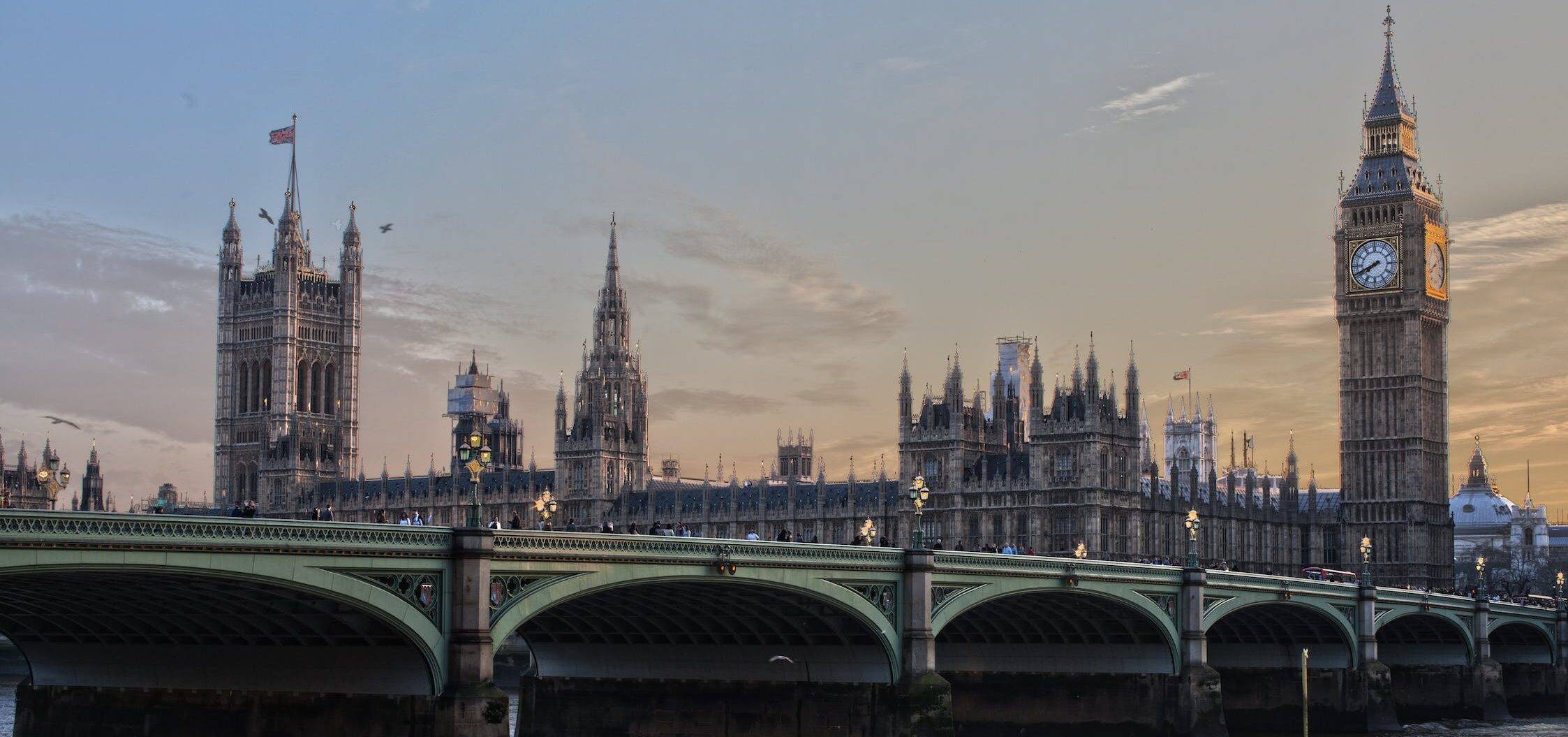It’s felt like a long wait since the last Budget was announced by the former Chancellor, Kwasi Kwarteng, on 23rd September. And there were plenty of hints in the lead up to this statement that there would be tougher times ahead of us.
So it was no surprise that Jeremy Hunt’s Autumn Statement was full of significant tax rises and spending cuts. It brings a lot of changes to businesses and personal tax over the next few years. Our experts have rounded up the top announcements that will affect SMEs.
Business rates
The business rates support for the retail, leisure and hospitality industry will end in April next year as planned. A revaluation will also go ahead to make sure the rateable value of business properties better reflects changes in the property market. The Chancellor stated that “thousands of pubs, restaurants and small high street shops” will benefit from this move. There will be a government-funded Transitional Relief Scheme so that any changes to bills are phased in gradually. It’s estimated this should help around 700,000 businesses.
Capital Gains Tax
Capital gains tax allowance is reducing from £12,300 to £6,000 from April 2023. It will drop again to £3,000 in April 2024.
Corporation tax
The main rate of corporation tax will increase from 19% to 25% in April 2023 as planned. This higher rate is payable on profits over £250,000 made from trading, or from the sale of any assets or investments.
Dividend tax
The dividend tax allowance will reduce next tax year from £2,000 to £1,000. It will reduce again to £500 in April 2024.
Energy costs
There was sadly no mention of the Energy Bill Relief Scheme, so it’s likely support will still end in March as originally announced a few weeks ago. However there is a review of this planned for the new year, so there’s still a chance this could change.
Income tax
The 45% income tax band has been lowered significantly from £150,000 meaning from April 2023, any earnings over £125,140 will be subject to a 45% tax rate. These thresholds will be frozen until April 2028.
Government-backed Covid recovery support
No new targeted recovery help was announced in the statement regarding The Recovery Loan Scheme, which was brought in during the pandemic. This means eligible businesses can still access this until March 2023.
Research and Development tax relief
There were some changes announced to R&D. It was announced the deduction rate for the scheme will be cut from 100% to 86%. The credit rate will also be cut from 14.5% to 10%, and the rate of the separate R&D expenditure credit (RDEC) will be increased from 13% to 20%.
Gravita’s R&D director, Kate Greenhough, says it is disappointing news across the industry that the SME scheme has become less lucrative for many deserving companies, especially considering that these companies innovate (and continue to innovate) in an attempt to drive the economy forward whilst still feeling the devastating effects of COVID-19.
However, with the increasing corporation tax rate, the R&D scheme remains an appealing scheme for those that qualify and our experts at Gravita can support companies with this.
VAT
It was announced that there would be a two-year extension to the threshold at which businesses must start paying VAT. The VAT registration threshold will remain at £85,000 of turnover until 31 March 2026, with the deregistration threshold held at £83,000 as well. With the impact of inflation on prices, more small businesses will be dragged into the VAT net, so they will need to keep an eye on turnover. However there are often benefits to VAT registration worth exploring, so it’s not always bad news. We would be happy to discuss the available options with you.
Customs duties
On a more positive note, importers will welcome the Chancellor’s announcement that import duties on a range of more than 100 goods would be suspended for a period of two years starting from January 2023. This will result in significant savings of up to 18% for a range of importers, ranging from bicycle manufacturers importing aluminium frames to food manufacturers. This should improve profitability and ease pricing decisions. If you would like to understand whether you can benefit from these reductions, and how to be ready for January 2023, please get in touch.
Richard Collier, our VAT and Indirect Tax director, says that whilst the VAT threshold news is unwelcome, many small businesses have a range of options – in fact, VAT registration can actually save money in certain cases. Many importers will benefit from the temporary tariff reductions, and we recommend exploring how to access these as soon as possible.
Wages
If you pay people by the hour, it was announced the national living wage will rise from £9.50 an hour to £10.42 an hour from April 2023. This is the minimum amount you can pay people per hour who are aged 23 and over. There were no changes announced for apprentices and anyone under 23.
We’ll take a deeper dive into some of the changes over the coming weeks. But it’ll be important to take advantage of any allowances, exemptions and reliefs available this year and also start preparing for the changes that come in over the next two years. Gravita’s Senior Partner, Justin Randall, says it’s important to remember that Gravita’s specialist tax team will be right by your side and looking out for your best interests. Our Managing Partner, Paul Berlyn, also added “It is never too early to plan ahead so please get in touch with us so that we can help you navigate the uncertain times ahead”.
What next?
Not yet a client with Gravita? Switch to us and embrace a new era of accounting. Please do not hesitate to contact us to see how we can help you.




